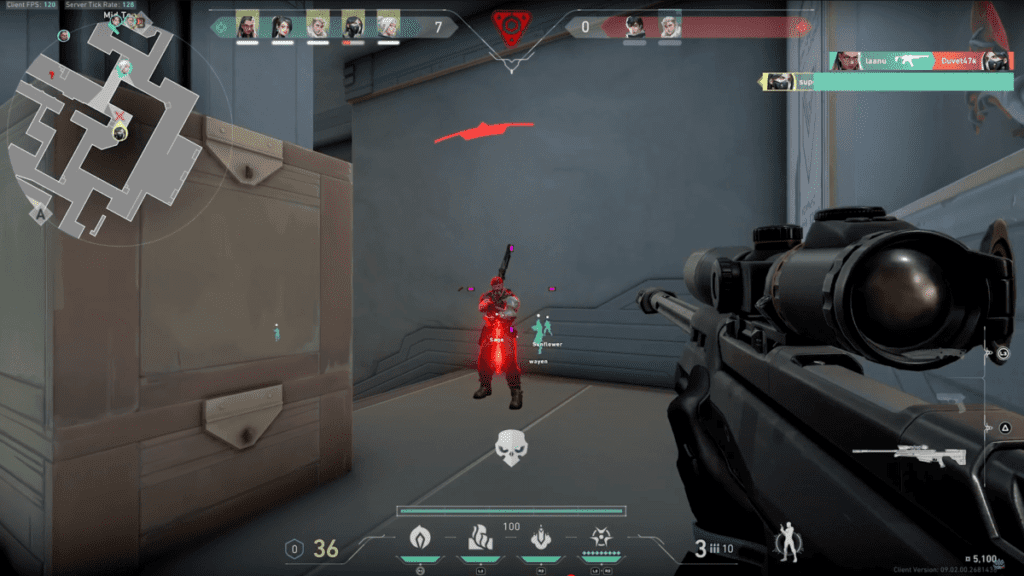The Battle Against Cheating: An Inside Look at Anti-Cheat Technologies
Introduction
Video gaming has historically attracted individuals attempting to exploit vulnerabilities for unfair in-game advantages. As competitive online gaming has evolved into a serious profession, the landscape of cheating has transformed into a billion-dollar industry, prompting game developers to escalate their defensive strategies.
Rise of Cheating in Online Gaming
With the gaming industry flourishing, the demand for cheats and hacks has surged. Developers are increasingly countering this trend by enhancing their anti-cheat functionalities. Companies like Riot Games have established dedicated teams focused on identifying and banning cheaters, as well as dismantling the business entities behind cheats.
Kernel-Level Anti-Cheat: Riot’s Vanguard
A prime example of advanced anti-cheat technology is Vanguard, Riot Games’ proprietary system. Vanguard operates at the kernel level of the operating system, giving it comprehensive access to system processes and software.
According to Phillip Koskinas, the director of anti-cheat at Riot, Vanguard operates to “force cheats to be visible,” enabling the company to ban thousands of cheaters daily.
As a result of these measures, over 99% of ranked matches in Valorant are reportedly free from cheaters.
Tactics Employed to Combat Cheating
Riot’s anti-cheat team employs a multifaceted approach to combat cheaters:
- Utilizing Windows security features to ensure system integrity.
- Cataloging known cheat software through undercover methods.
- Understanding the psychology behind cheating behaviors.
- Targeting cheat developers through public discrediting strategies.
By analyzing player behavior and employing technology-enhanced oversight, Riot aims to disrupt the operations of cheat developers and diminish the appeal of cheating.
The Psychology of Cheaters
Many individuals who cheat in games are often young and may not fully grasp the consequences of their actions. Koskinas notes that some cheaters display a cyclical behavior of cheating, getting banned, and returning to the same practices. This insight helps inform Riot’s strategies, where controlled allowance of some cheats can inhibit the emergence of more sophisticated cheating methods.
Advanced Cheating Techniques
Cheaters can be broadly classified into two categories:
- Rage Cheaters: Typically using easily detectable software solutions, often referred to as “download-a-ban” cheats.
- Premium Cheaters: These individuals utilize advanced, hardware-based cheats that are more challenging to detect, such as direct memory access (DMA) cheats and screen-reading technologies.
These premium methods allow players to gain significant advantages, including the ability to “see through walls” or utilize automated aiming systems, though they remain risky and costly.
The Future of Anti-Cheat Technology
Looking ahead, Koskinas expresses concerns regarding the integration of artificial intelligence into cheating methods, which could simplify the process of mimicking human gameplay behavior. Despite these potential advancements in cheating, Riot has no intention of abandoning its current kernel-level anti-cheat strategy, deeming it essential for maintaining fair gameplay.
Furthermore, as part of its commitment to transparency, Riot is proactive in sharing its anti-cheat measures and strategies with the community to foster trust and understanding.


